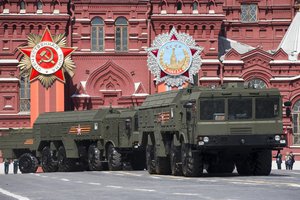Ont. man, 92, survived horror of Dachau concentration camp
Edit Toronto Sun 28 Apr 2015
CARRYING PLACE, Ont. -- A former Nazi guard being tried in Berlin on 300,000 counts of accessory to murder testified last week it was clear to him at the time Jews were not expected to leave concentration camps alive. Carrying Place resident Eugene Moshynski, 92, a native of Poland, survived the odds ... The Volksdeutsche (German policeman) said not to take anything other than dressing warmly." ... Eugene was assigned the prisoner number....
The Nazi cold warriors of postwar America
Edit The Irish Times 22 Dec 2014
In 1955 a native of the Circassian region of the USSR migrated to the United States. Tscherim Soobzokov settled in Paterson, New Jersey, where he became a US citizen in 1961 ... Its remit was special indeed ... The law reserved tens of thousands of precious immigration spots for Ukrainians, Belorussians, Latvians, Lithuanians and Estonians, as well as the Volksdeutsche, ethnic Germans expelled from their homelands by the Soviets....
Shocking, hidden agenda behind border crisis
Edit WorldNetDaily 25 Jun 2014
Editor’s note ... Gen ... Ronald Rychlak ... Lt. Gen ... According to a book published by a West German ambassador to Romania, who kept track of this human traffic, Bucharest had sold off 200,000 Volksdeutsche (ethnic Germans living outside of the Reich) up until 1989, when the Soviet bloc collapsed.[1] Some of the Volksdeutsche who emigrated to West Germany were intelligence agents who had been trained in planting the seed of anti-Americanism....
- 1
- 2
- 3
- 4
- 5
- Next page »









